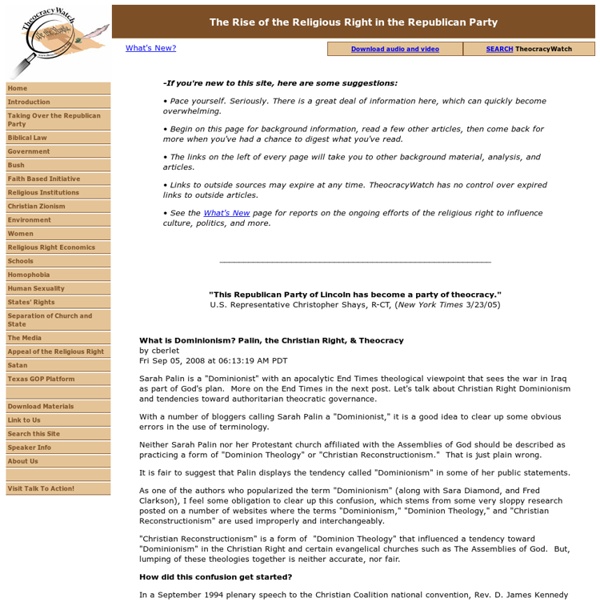



SourceWatch Koch Spy Agency Led by Voter Fraud Huckster The Kochs have been complaining about a "lack of civility in politics" as they seek to boost their public image--but one of their top operatives helped propel perhaps the most egregious case of race-baiting voter fraud hucksterism in recent years. At the same time that the Kochs have been on a PR blitz, publicly spinning an image of themselves as well-intentioned patriots trying to make the world a better place and decrying "character assassination," they've been quietly ramping up a clandestine surveillance and intelligence gathering operation focused on their perceived political enemies, Ken Vogel reports at Politico. At the helm of this "competitive intelligence" operation is a man named Mike Roman, Vice President of Research for Kochs' Freedom Partners and who was paid $265,000 last year, according to Freedom Partners' recent tax filing. Kochs' Freedom Partners Spent $129M in 2014, Invested Massively in Voter Data Lists Rep. Ben Carson
Gay Homophobe Understanding Leviticus Dear President Bush: Understanding Leviticus Dear President Bush, Thank you for doing so much to educate people regarding God's Law. 1. 2. 3. 4. 5. 6. 7. 8. 9. I know you have studied these things extensively and thus enjoy considerable expertise in such matters, so I am confident you can help. J. I Am An Atheist The Celery Stalks at Midnight: Scientific American asks “Are Engineered Foods Evil?” The Celery Stalks at Midnight: Scientific American asks “Are Engineered Foods Evil?” To GM or not to GM? The genetically modified (GM) argument has been raging for decades, though recently it has gained more mainstream attention as advances in science and the increased clout of biotechnology corporations such as Monsanto and BASF make more bioengineered foods a reality. I’ll admit, the subject of genetically modified foods really brings out my inner Mulder, wild with conspiracy theories pointing at giant shadow organizations reaching to the highest levels of government. The debate over genetically modified agriculture began in the 1970s, when scientists first developed GM tobacco plants. Certainly, the pros are pretty damn pro. Of course, nature has been doing its own brand of genetic modification since, well, forever. In crossbreeding, plants with desirable traits are cross-pollinated, whole groups of genes are swapped, and the genes involved are usually of that plant’s species.
ClimateScienceWatch If You Hate Taxes . . . Found at the excellent blog What Would Jack Do?: If you’re a conservative who hates taxes, please do the following. The fact is, we pay for the lifestyle we expect. Without taxes, our lifestyles would be totally different and much harder. America would be a third world country. “I like to pay taxes. Link to original post Language, Religious The term “religious language” refers to statements or claims made about God or gods. Here is a typical philosophical problem of religious language. If God is infinite, then words used to describe finite creatures might not adequately describe God. For example, is God good in the same sense that Secretary-General of the United Nations Kofi Annan is good? This difficulty challenges us to articulate the degree that attributes used for finite beings can be used for God and what these attributes mean when they describe God. The problem of religious language is worrisome to practitioners of the Abrahamic religious traditions because it has the potential to undermine those traditions. The problem of religious language also provides a challenge for philosophers of religion. Table of Contents 1. In contemporary discussions, it is not the question of God’s existence that generates the problem of religious language. 2. a. Let us take the statement P1: “This key is made of iron.” A.J. b. i. ii.